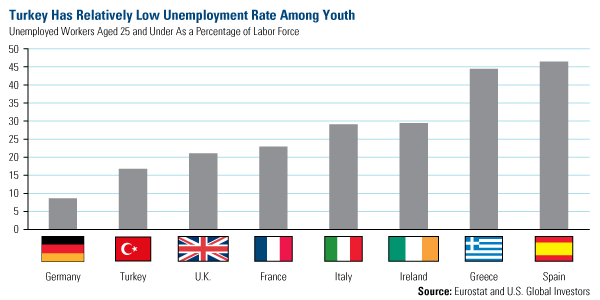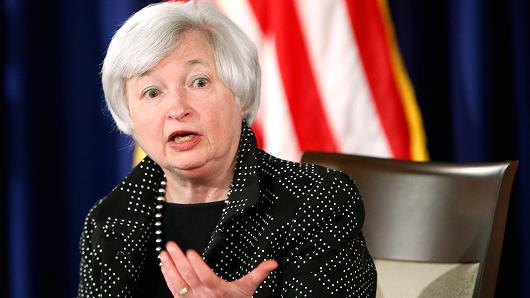I consider myself quite lucky that I can travel to many countries throughout the year for business and pleasure.
I had the chance to visit Athens after almost four years for a weekend and lately I was in Istanbul for a week. One of my latest observations is that emerging countries, such as Greece and Turkey, are unable to utilise their very well educated youth not only in the labour force, but also in the social arena.
Consider Greece… Youth unemployment is close to 45 per cent and overall unemployment is around 25 per cent.
Consider Spain… Youth unemployment is close to 50 per cent and overall unemployment is around 22 per cent.
And finally Turkey… Youth unemployment is around 20 per cent and overall unemployment is around 10 percent.
A common point among all these countries—besides the fact that they are all Mediterranean—is that they have a highly educated minority youth population, whether they be not fully utilised in the labour force and inactive in the country’s social arena, or fully utilised in the labour force (very few of them), but again inactive in the social arena.
To be sure, a minority of the minority is active in the both arena and this is huge loss for these countries in closing the gap between them and highly developed nations.
Another common point among these countries is that there have been coup attempts and coups in their recent histories: a coup attempt in Spain in 1982, a coup in Greece in 1967–1974, and most recently, a coup attempt in Turkey in 2016.
Whether we like it or not, the common history of violence and coups has pushed the youth of these countries away from voluntary social work and has made them completely apolitical, as well as more individualistic and disinterested in local/global issues.
Given that they are living in much better conditions than their peers, these groups of people live completely for themselves, make fun of everything and, more significantly, do not produce much.
It is no secret that all societies are becoming more individualistic, irrespective of the culture and countries that we live in, but it is always important to feed the soul as well as the stomach.
We should reincorporate these youths back into society and grow together! Unfortunately, I do not have a concrete plan to act upon, but I have the ambition to start somewhere!
All the best from a beautiful Mediterrean country.
Sukru Haskan
Twitter: @sukru_haskan


